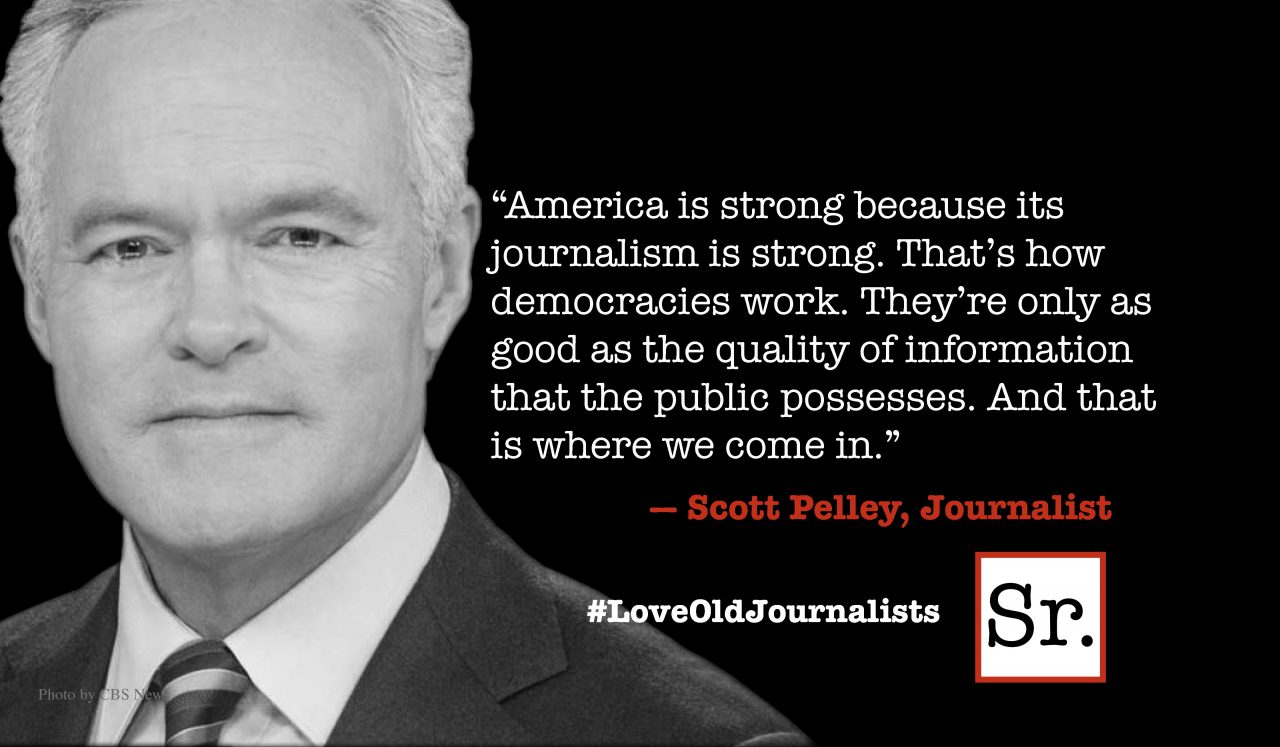As I have been rummaging around in my storehouse of memories, I came across something about my father that was puzzling. For his entire adult life, Dad was a devout disciple of FDR, the New Deal and organized labor. Before becoming part of management at General Electric, he was a devoted member of a labor union. When he transitioned to management he lost his union affiliation while remaining deeply committed to the rights of workers.
Here is the problem that I only recently resolved. I remember Dad describing his participation in a series of contract negotiations between the company and the electrical workers’ union, but as a member of the management team! How did that happen? It was not that he changed either his loyalties or his political opinions. I discovered that management in that era often brought to the table someone whose loyalties were clearly those of the union with whom it was negotiating. This person helped interpret the union’s position. That strikes me as a very wise move in those often-hostile negotiations. How do you deal with an adversary unless you understand what he/she is saying?
This long-gone policy has been substituted in more recent days by a zero-sum game in which winning has replaced any effort to arrive at an equitable resolution of the issues. Consider what more recently transpired in the “rust belt” whose states from Pennsylvania to Wisconsin provided just enough electoral college votes to elect Donald Trump.
The economic basis of these states included steel, vehicles and other heavy industrial products. The communities where these factories existed were generally prosperous, providing millions of good paying jobs secured by organized labor. The result was the establishment of America’s robust middle class.
Consider what has happened. To start with, America’s conservatives declared war on organized labor, successfully gutting the power of unions to negotiate for good wages and other benefits. The emergence of the Taft-Hartley Act and the so-called right-to-work laws crippled organized labor’s negotiating capacity. The corporate community, largely in the hands of the nation’s Republicans, discovered that it no longer needed to pay the substantial wages secured by what was left of organized labor, so they simply closed thousands of these manufacturing plants and moved them to places where they could obtain employees for a fraction of what America’s workers rightfully demanded. If it was cheaper to operate in Mexico, they relocated there, until they discovered that they could obtain workers at even lower wages in Bangladesh.
It was not the unions, which were basically allied with the Democratic Party, that gutted the economy of the Rust Belt states, but America’s conservative profit-hungry corporate establishment. Subsequently in former middle-class towns and cities all across the aforementioned states, thousands of factories were abandoned, and their communities devastated.
Having gutted the power of America’s unions, and taken millions of jobs oversees, along come the Republicans fronted by Donald Trump, promising to return these jobs and open the factories his political cohorts managed to close. And enough voters in this tier of states swallowed the line and allowed him to get elected. Does anyone really believe that corporate interests will reopen the factories and rehire workers anywhere close to the wages unions had previously negotiated? Or will the wages be closer to those currently being offered in Bangladesh? My guess is that restoring the economic base of these middle-class communities will exist only in a Trump-produced fantasy world.
But back to my father and his union orientation while he was part of management’s team in contract negotiations. What if the enlightened self-interest of America’s corporate elite today recognized that the good of all of us must depend on some level of equity between the owners and managers of our industrial base, and the millions of workers who share that vision. Perhaps this outcome might depend on the resurrection of organized labor’s honest place at the table where these issues are negotiated.
My guess is that this outcome will be guaranteed the moment America’s workers realize that they have been hoodwinked and their communities kidnapped by the very interests now offering to return what was stolen. There is a political aspect to the problem. Workers who formed the backbone of America’s middle class were brought to birth from the womb of The New Deal and other Democratic initiatives, and owe their existence to that party. The first positive clue to the effect of this awareness will show up in November’s off-year elections.









